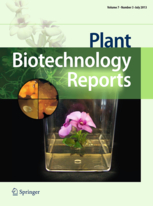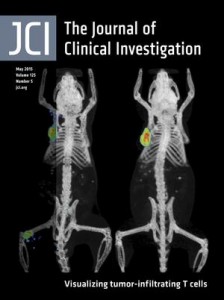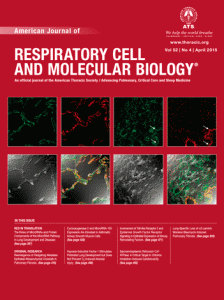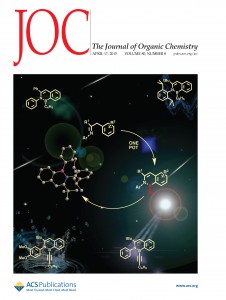
Cancer biologist Rakesh Kumar has chalked up another retraction, this time for “identical,” “duplicated,” and “replicated” figures and images.
It comes on the heels of a flurry of motions in Kumar’s $8 million lawsuit against his employer, George Washington University, for breach of contract and emotional distress because it removed him as department chair last year and placed his research on hold. Kumar remains employed by the university.
The retracted paper, published in Development in 2004, “Metastasis-associated protein 1 deregulation causes inappropriate mammary gland development and tumorigenesis,” analyzed the role of a protein, MTA1, in mammary gland development and cancer. It was published while Kumar was at M.D. Anderson in Houston, and has been cited 81 times, according to Thomson Scientific’s Web of Knowledge.
By our count, Kumar now has three retractions and five corrections. Numerous anonymous comments on Kumar’s papers have been posted on PubPeer, many of them critiquing images. Here’s the complete notice from Development: Continue reading Third retraction for GWU biologist as university seeks to dismiss his $8 million lawsuit




